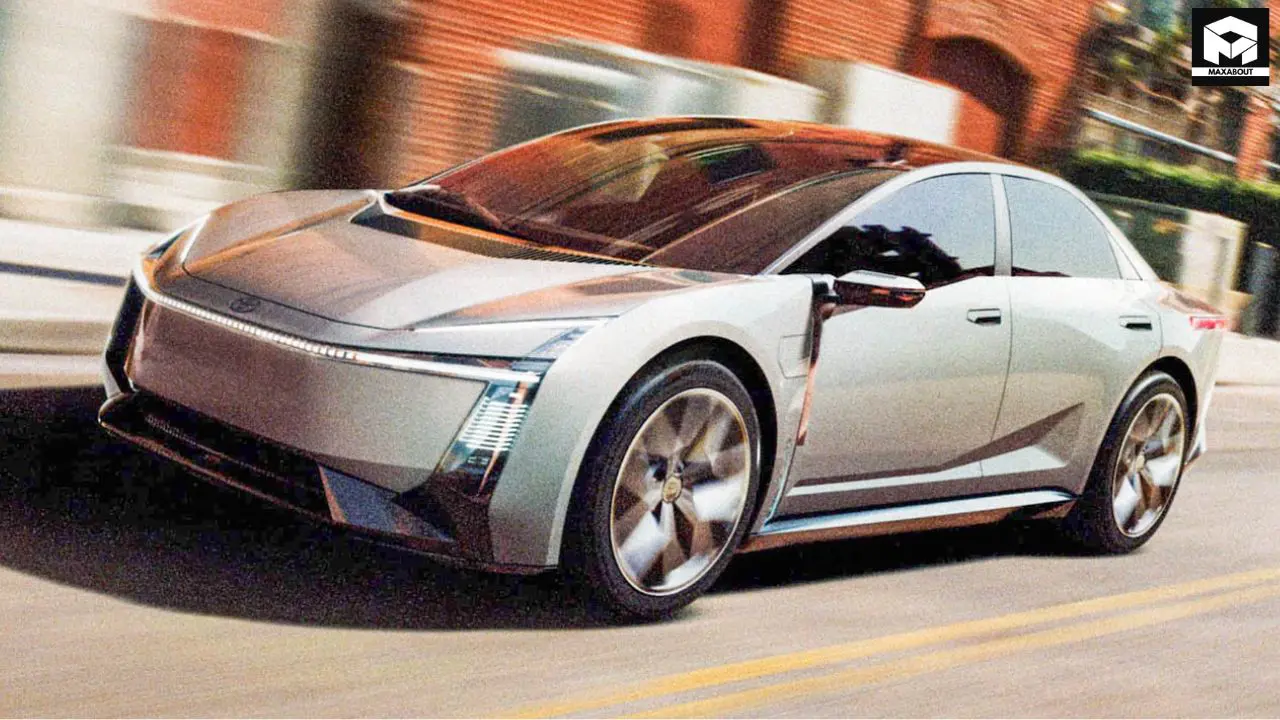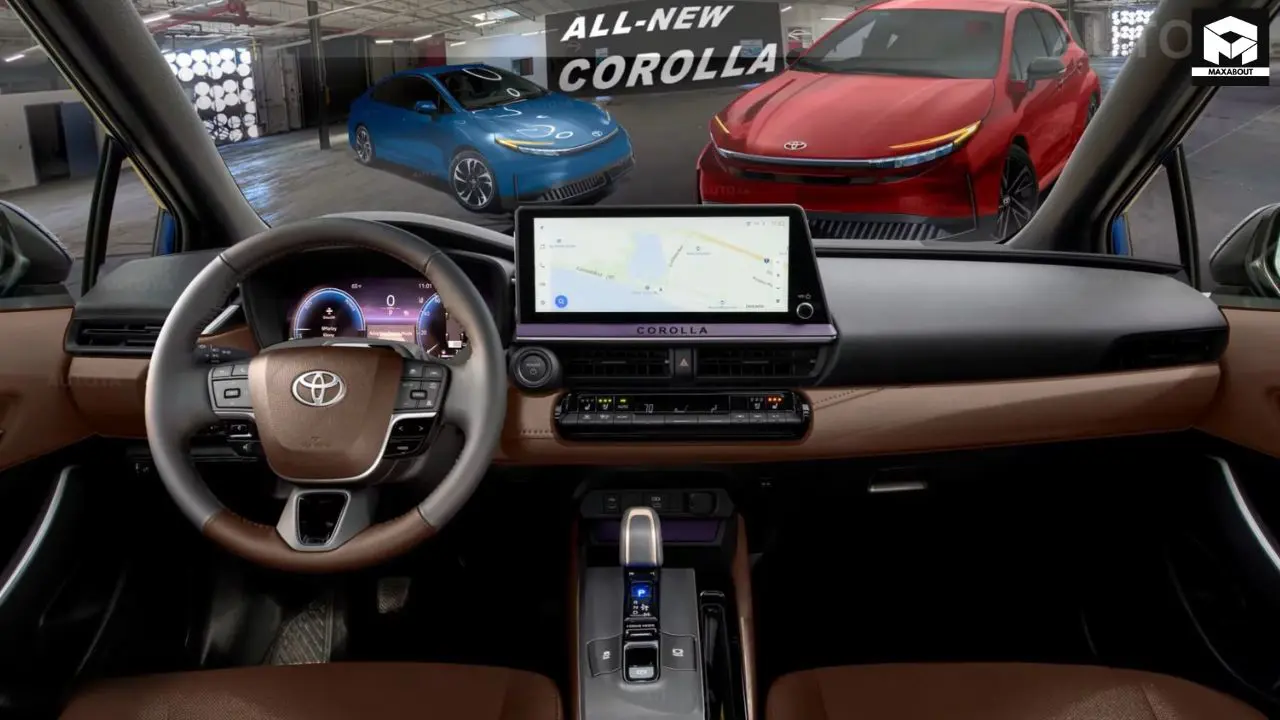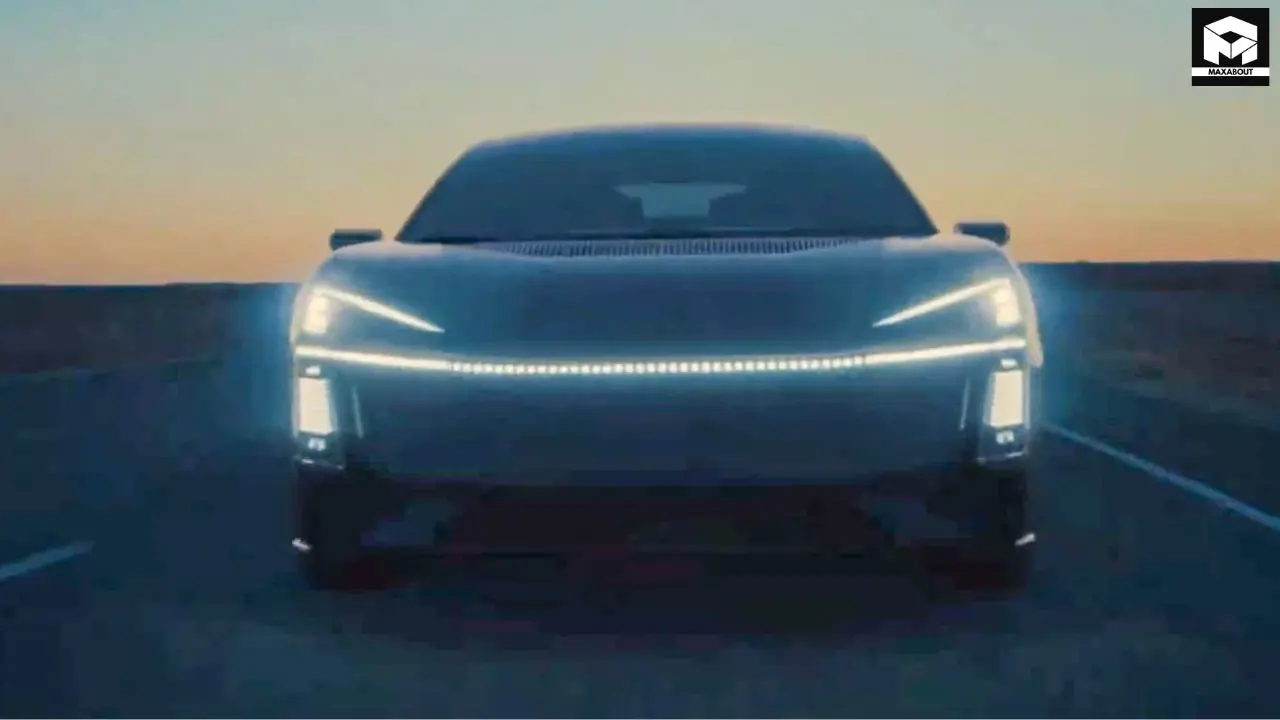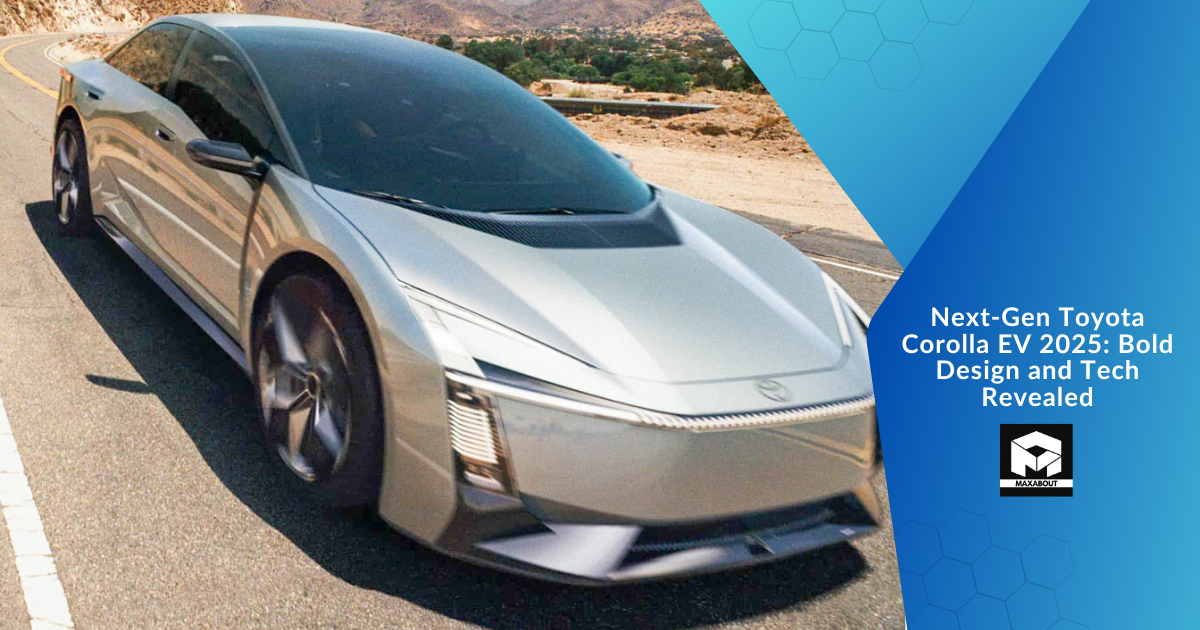Introduction
Toyota has finally unveiled the next-generation Corolla EV, and I must say, it's nothing short of a revolutionary departure from the conservative styling we've come to expect from the world's best-selling nameplate. Having followed the automotive industry for years, it's clear that Toyota is making a bold statement with this release – the Corolla is ready to shed its "reliable but boring" image and embrace an electric future with style.
This new electric Corolla represents Toyota's most serious commitment yet to the EV market, building upon what they've learned from the bZ4X and applying it to their most recognized global model. The design overhaul is dramatic, the technology comprehensive, and the market positioning strategic – all suggesting Toyota is finally accelerating its previously cautious approach to electrification.
Dramatic Design Evolution
The visual transformation of the Corolla EV is striking at first glance. Toyota has abandoned the conventional, understated design language that has characterized the Corolla for decades. According to Toyota's official press materials, the design team was given unprecedented freedom to reimagine the Corolla for the electric era.
Exterior Styling

The front fascia has been completely redesigned with a blanked-off grille area featuring illuminated Toyota badging – a design element that's becoming increasingly common on EVs but looks particularly striking on the Corolla's profile. The headlights are now ultra-slim LED units that stretch across the width of the vehicle, creating a distinctive light signature that's visible from a distance.
From industry reports, we can see that Toyota has embraced the "form follows function" principle. The sleek, aerodynamic profile achieves an impressive drag coefficient of 0.27, which helps maximize range. The vehicle sits on Toyota's dedicated e-TNGA platform, allowing for shorter overhangs and a longer wheelbase than the internal combustion Corolla – a common advantage of purpose-built EV architectures that typically translates to more interior space.
Interior Design and Technology

Inside, the minimalist dashboard centers around a floating 14-inch touchscreen that handles most vehicle functions. Based on publicly available information from Toyota's press kit, the system runs on Toyota's latest software platform with wireless Apple CarPlay and Android Auto, natural voice recognition, and over-the-air update capability.
The instrument cluster has been replaced by a wide digital display, and the center console features a rotary gear selector – both common elements in modern EVs. According to Toyota's specifications, sustainable materials feature prominently throughout the cabin, with recycled fabrics, plant-based plastics, and responsibly sourced wood trim options available.
From what industry analysts have noted, the interior space utilization is impressive, with rear seat legroom that exceeds the current Corolla by nearly 4 inches – a direct benefit of the dedicated EV platform's flat floor design.
Electric Powertrain and Performance
The technical specifications Toyota has released show significant improvements over their previous EV efforts, suggesting they've been paying attention to consumer feedback on earlier models.
Battery Technology and Range
The next-gen Corolla EV comes with two battery options: a standard 63 kWh pack and an extended-range 78 kWh version. According to Toyota's official range estimates, these deliver approximately 250 miles and 310 miles of range respectively – competitive figures that put the Corolla EV in line with similarly-sized offerings from other manufacturers.
The battery technology employs Toyota's latest cell chemistry, which they claim offers improved energy density and thermal management. The battery is protected by a structural case that forms part of the vehicle's floor, enhancing rigidity while providing protection from road debris – a design approach that's become standard among dedicated EV platforms.
Motor Configuration and Performance
Toyota will offer the Corolla EV in both single and dual-motor configurations. The standard single-motor variant delivers 201 horsepower to the front wheels, while the dual-motor AWD version produces a combined 302 horsepower. According to Toyota's performance data, the AWD variant can accelerate from 0-60 mph in approximately 5.8 seconds – significantly quicker than any previous Corolla model.
The vehicle supports DC fast charging at up to 150 kW, allowing the battery to charge from 10% to 80% in approximately 30 minutes under ideal conditions, based on Toyota's published specifications. This puts it in the middle of the current EV pack in terms of charging capability – not class-leading but certainly competitive.
Advanced Technology Features
Beyond the powertrain, the Corolla EV incorporates Toyota's latest technology systems, positioning it as their most advanced compact vehicle to date.
Driver Assistance Systems
The vehicle comes equipped with Toyota Safety Sense 3.0, which includes enhanced versions of familiar driver assistance features. Based on Toyota's press materials, this includes adaptive cruise control with stop-and-go capability, lane centering, automatic emergency braking with pedestrian and cyclist detection, and intersection support.
New to the Corolla lineup is an available Advanced Driver Assistance System that Toyota describes as offering hands-free operation on mapped highways under certain conditions – similar to systems like GM's Super Cruise or Ford's BlueCruise, though Toyota's implementation appears more conservative based on their public descriptions.
Connectivity and Convenience
The infotainment system represents a significant upgrade from previous Corolla models. According to industry reports, it features faster processing, enhanced graphics, and the ability to pair two phones simultaneously. The system also incorporates a new Toyota digital assistant that can control various vehicle functions through natural language commands.
One interesting feature mentioned in Toyota's specifications is the Digital Key function, which allows owners to use their smartphone as a vehicle key and share digital access with friends and family members – a convenience that's becoming increasingly common in newer vehicles across the industry.
Market Positioning and Availability

The Corolla EV appears carefully positioned to leverage the strength of the Corolla nameplate while pushing into new territory for Toyota.
Pricing Strategy
While Toyota hasn't released final pricing, industry analysts expect the Corolla EV to start around $35,000 for the base model before incentives, positioning it competitively against vehicles like the Chevrolet Bolt EUV, Hyundai Kona Electric, and Volkswagen ID.3 in global markets.
The higher-spec dual-motor variant with the larger battery will likely approach $45,000, according to industry forecasts, placing it in competition with entry-level versions of the Tesla Model 3 and Polestar 2.
Release Timeline
According to Toyota's announced timeline, production is scheduled to begin at their dedicated EV facility in Japan in late 2023, with the first vehicles reaching North American dealerships by spring 2024. European and Asian markets will follow shortly thereafter, with the vehicle eventually being manufactured in multiple global locations to meet regional demand and comply with local content requirements.
Toyota has indicated that initial production capacity will be approximately 100,000 units annually, with the ability to scale up based on market reception.
Conclusion
The next-generation Toyota Corolla EV represents a significant milestone in the evolution of one of the world's most recognized automotive nameplates. The bold design overhaul, competitive range figures, and comprehensive technology package suggest Toyota is finally getting serious about challenging established EV players.
While Toyota has been criticized for its cautious approach to electrification, the Corolla EV demonstrates that they've been paying attention to market trends and consumer preferences. By applying the trusted Corolla name to a thoroughly modern electric vehicle, Toyota is creating a bridge for their existing customer base to transition to EVs.
As the automotive landscape continues its electric transformation, the Corolla EV may well prove to be one of the most significant mainstream EV releases of 2024. It combines Toyota's reputation for quality and reliability with the performance and technology modern EV buyers expect – a formula that could prove quite successful as the market continues to evolve.
Frequently Asked Questions
When will the Toyota Corolla EV be available in the United States?
According to Toyota's announced timeline, the Corolla EV is expected to reach U.S. dealerships by spring 2024, following the start of production in late 2023.
How does the Corolla EV's range compare to competitors?
With an estimated range of 250-310 miles depending on configuration, the Corolla EV offers competitive range for its class, placing it on par with or slightly above similar-sized EVs from other manufacturers.
Will the Corolla EV qualify for federal tax incentives?
While Toyota has exhausted its allocation of federal tax credits under the original program, the Corolla EV may qualify for the new clean vehicle credits under the Inflation Reduction Act depending on its manufacturing location and battery component sourcing. Toyota has indicated they're working to ensure maximum eligibility.
Will Toyota continue to sell the gas-powered Corolla alongside the EV?
Yes, according to Toyota's public statements, they plan to continue offering the internal combustion engine and hybrid versions of the Corolla alongside the new EV model for the foreseeable future, as part of their multi-pathway approach to reducing emissions.

